New research suggests that the age of stem cell donors matters for therapies where donors and recipients are different people. That would seem to make sense given the strength of stem cells in relation to a person’s age. But would the same thing be observed with autologous stem cell treatments? In other words, does the age of a person receiving stem cell treatment for osteoarthritis partly determine the efficacy of that treatment?
Here at the Advanced Regenerative Medicine Institute (ARMI), we offer stem cell therapy training courses that teach doctors how to utilize the latest autologous stem cell therapies to treat a range of diseases and injuries. Our procedures utilize autologous material; that is, material taken directly from the person being treated. We do not use stem cell material from outside donors.
This is an important distinction. In fact, using autologous stem cells taken from fat tissue or blood is that which allows doctors to practice the procedures they learn from us without seeking further FDA approval. As for the previously mentioned study, it yielded some very interesting results.
Age and Survival Rates for Leukemia
The study in question was conducted by researchers at the Center for International Blood and Bone Marrow Transplant Research in Wisconsin. Researchers looked at 10,000 cases in which leukemia patients were treated with bone marrow stem cells between 1999 in 2014. For the record, these kinds of transplants have been in widespread use as a leukemia treatment for decades.
It has long been believed that a number of donor characteristics affect survival rates among leukemia patients given transplants. Among those characteristics are sex, blood type, and pregnancy history. This new study set out to look at age as yet another characteristic.
Researchers discovered, to their own surprise, that the only factor they could consistently rely on for determining survival rates was the age of stem cell donors. The younger the donor, the more likely a recipient was to survive the disease. Using their own data and data from previous studies, the researchers discovered that the relationship is clearly linear.
Possible Explanations
Such hard evidence is very difficult to ignore once you see it on an easy-to-understand chart. That left researchers wondering what they always wonder: why? Why would the age of a stem cell donor matter to the recipient receiving the stem cells?
One possible explanation could be that stem cells from younger donors are less subject to inflammation and mutations that increase the risk of mortality. We do know that younger stem cells produce more lymphocytes and fewer myeloid cells as well. In short, it appears that stem cells from younger donors are stronger and more robust than those from older donors.
Making the Leap to Autologous Procedures
All this leads back to the original question as to whether or not age has anything to do with the efficacy of autologous stem cell treatments. Common sense suggests it might. If older stem cells are not as strong and robust as their younger counterparts, that should remain true even though the patient receiving stem cell treatment for osteoarthritis is being treated with his or her own stem cells.
Of course, none of this has been proven – or even investigated for that matter. So while we continue to offer stem cell therapy training courses to doctors from all over the country, we do hope that researchers will attempt to make the leap from bone marrow transplants to autologous procedures. A better understanding of how age affects the procedures we teach could help us define better ways of using those procedures.

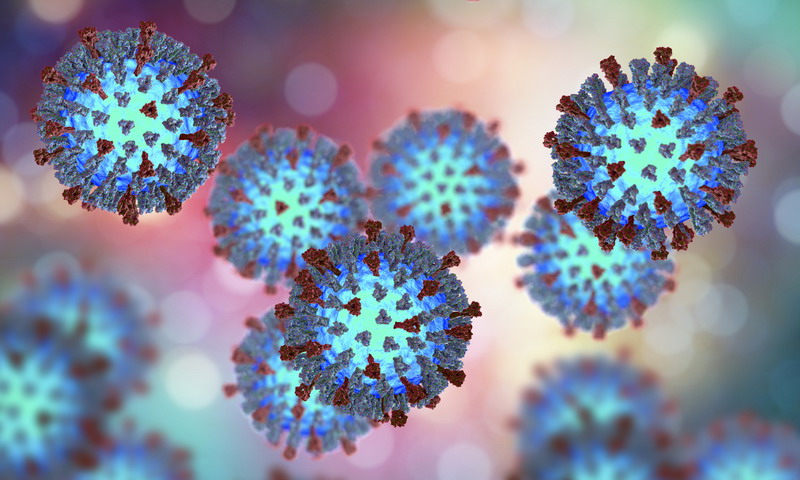
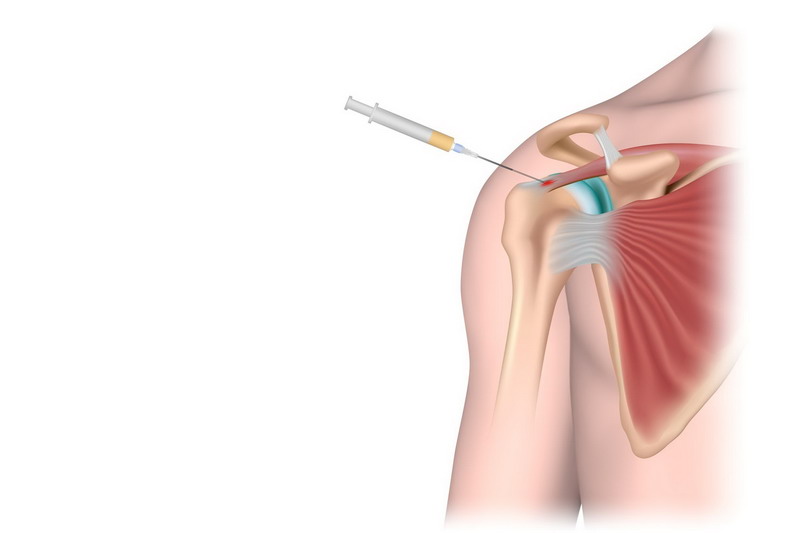
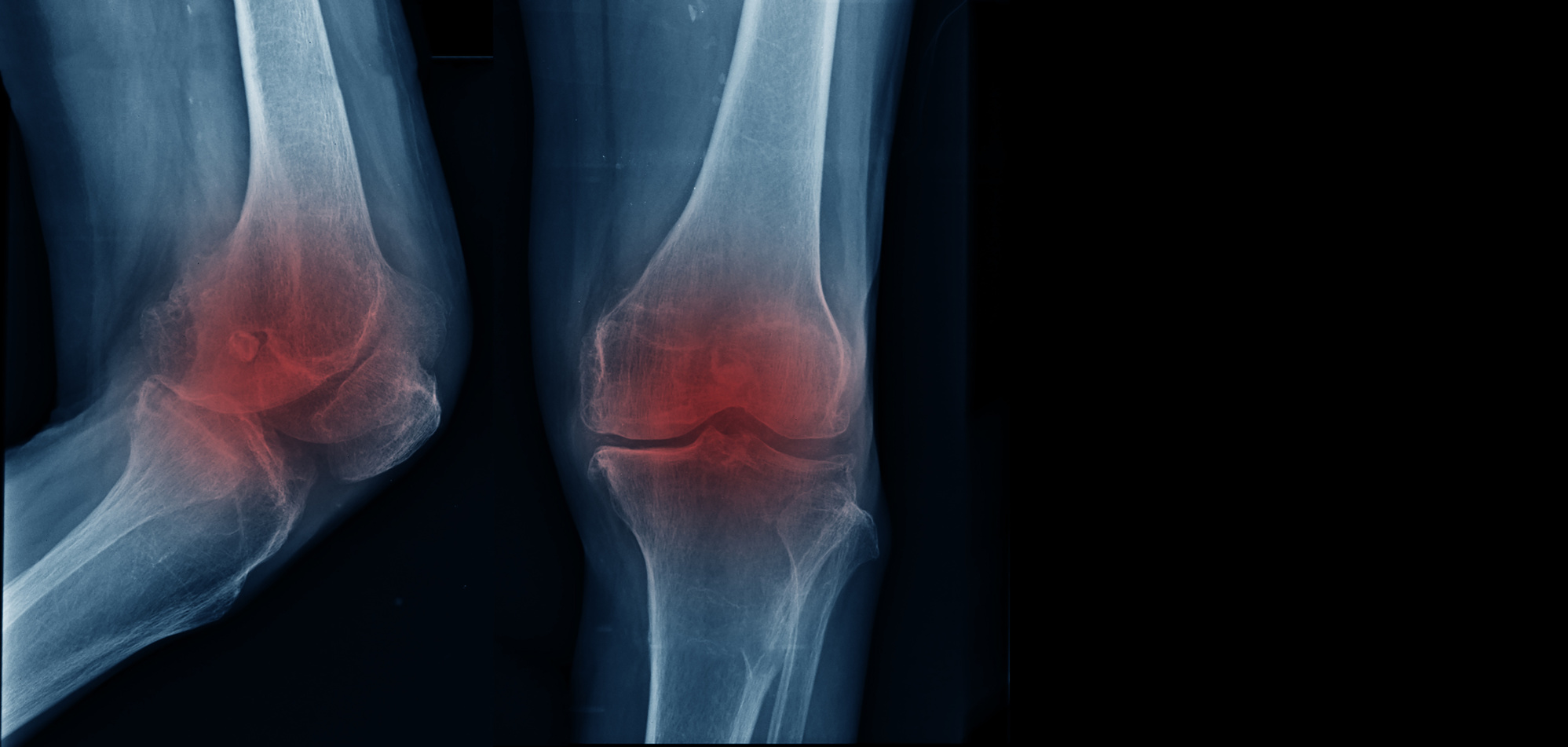


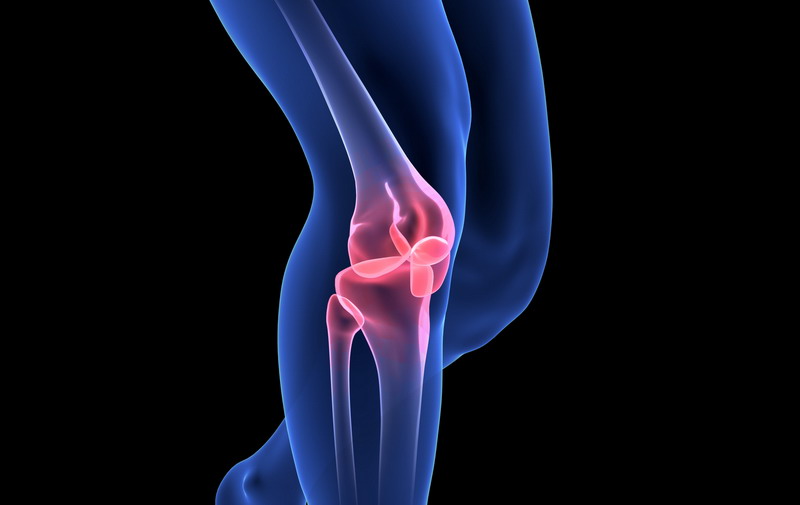


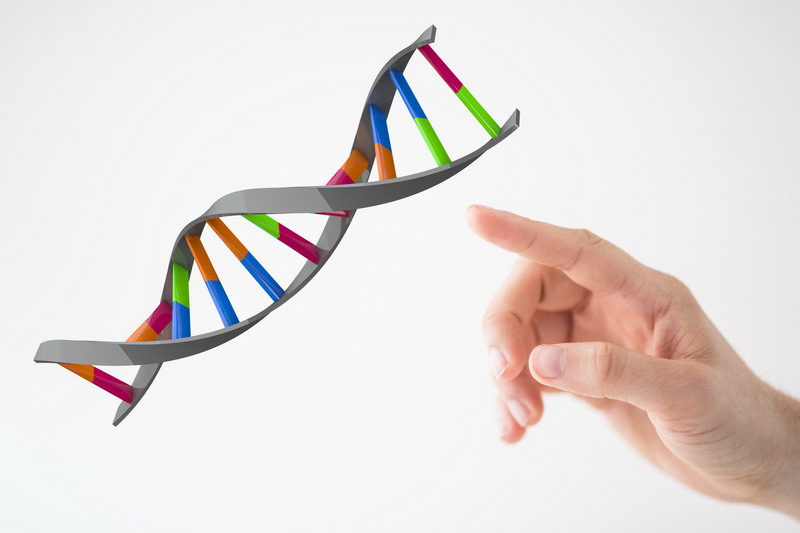
0 Comments